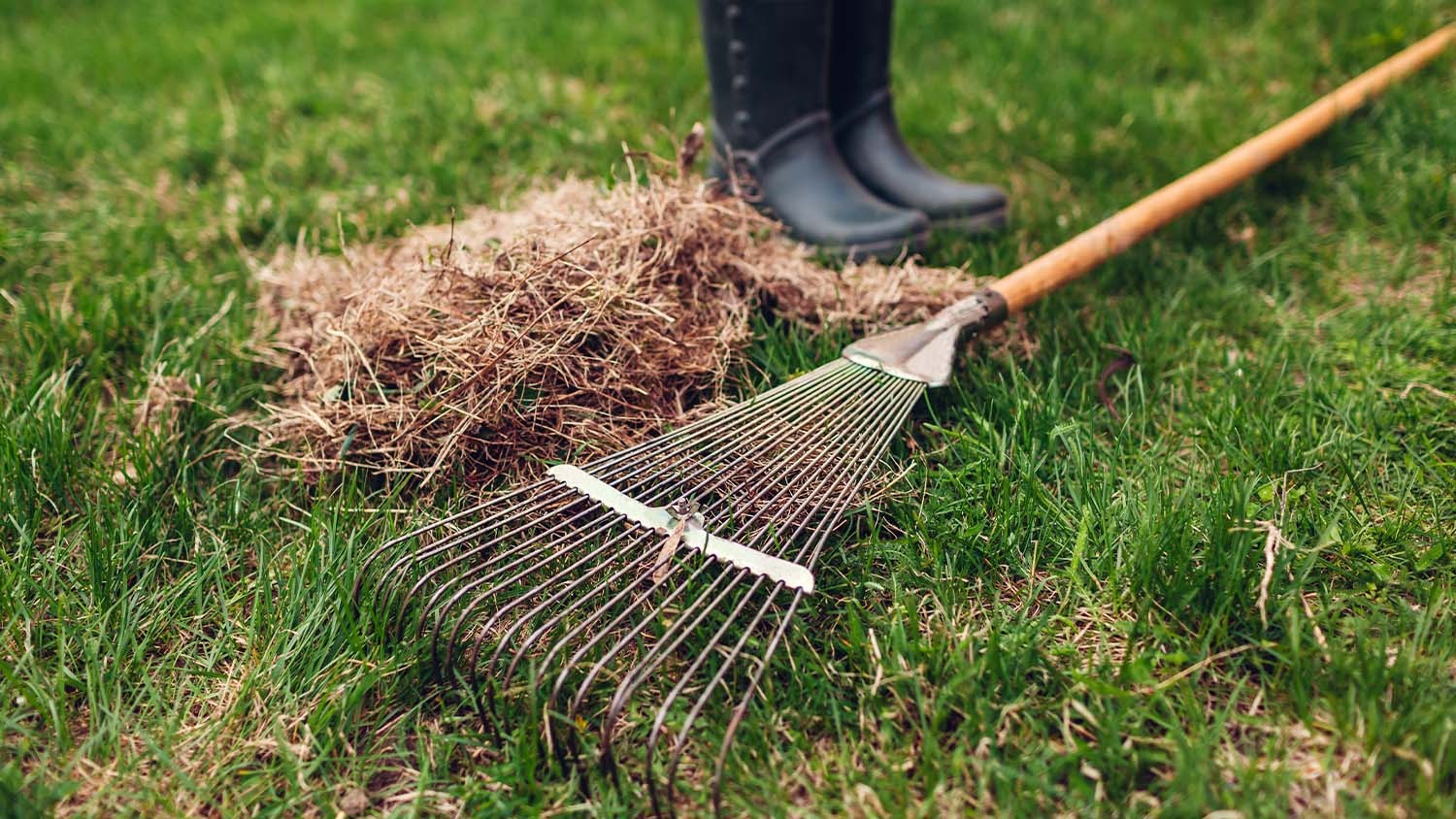MEMPHIS, Tenn. — Bells in Memphis rang, marking the 100th anniversary of the 19th Amendment, on Tuesday.
It was 100 years ago, when the 19th Amendment passed, giving women the right to vote. The sounds of bells could be heard across the city from churches to schools, marking the historic occasion. Faith Morris, who works at the National Civil Rights Museum, called the 19th Amendment, a milestone.
“To be able to have their own voice to not have to speak through their husbands or through men period,” Morris said. “To be able to be individuals to be able to own their own space, to be able to make a decision on what they felt was important.
The 19th Amendment did give women the right to vote, but those rights were not extended to all women. Black women had to fight for several more decades until they were able to cast their votes. Historical figures like Lou Hamer, gave her all to ensure the women who looked like her were able to exercise their right to vote. Morris said Hamer was an influential woman that voiced her concerns about Civil Rights being extended to Black women.
“Fannie Lou Hamer is one who talked about I am sick and tired of being sick and tired,” Morris said.
“And when she testified at the Democratic National Convention about the importance of black people living their lives and being able to vote, being able to have some equal rights deciding what their lives should be what this country should be about.”
Now 100 years later, women of all races can vote but are also being elected to various offices across the nation. Women have outvoted men since the 1964 Presidential Election. Morris said now women are encouraging each other to make sure no one takes the right lightly, for which so many fought and sacrificed.
“You should consider that. It’s one of the most important rights that you have to be able to have a voice through the vote. When we don’t take that seriously, we have really minimized the power that we have,” Morris said.
African American women from Memphis including, Ida B. Wells and Mary Church Terrell, were also prominent figures in voting rights.
- Financial Friday: Unlock Your Home’s Potential with a HELOC from Leaders Credit Union
- Bright Spot 4-25
- Trump ordered to give some Venezuelans 21 days notice before deportations
- Overton Park Shell reveals free concert series lineup
- Operation Babylift crash survivor still searching for answers 50 years later

















